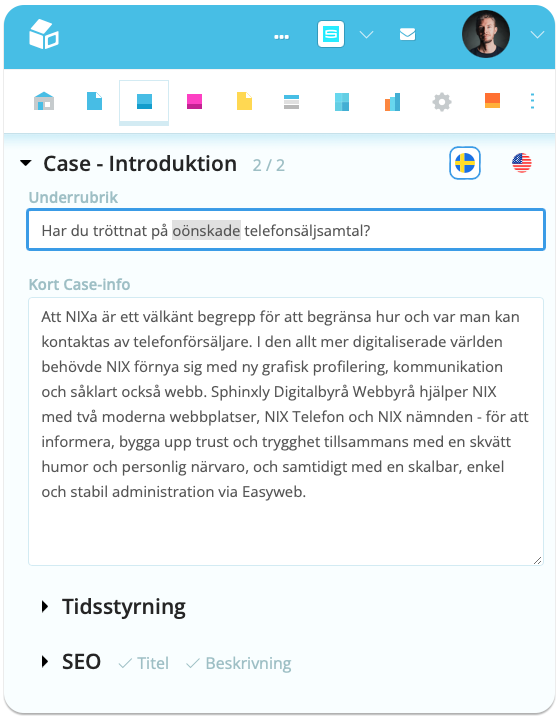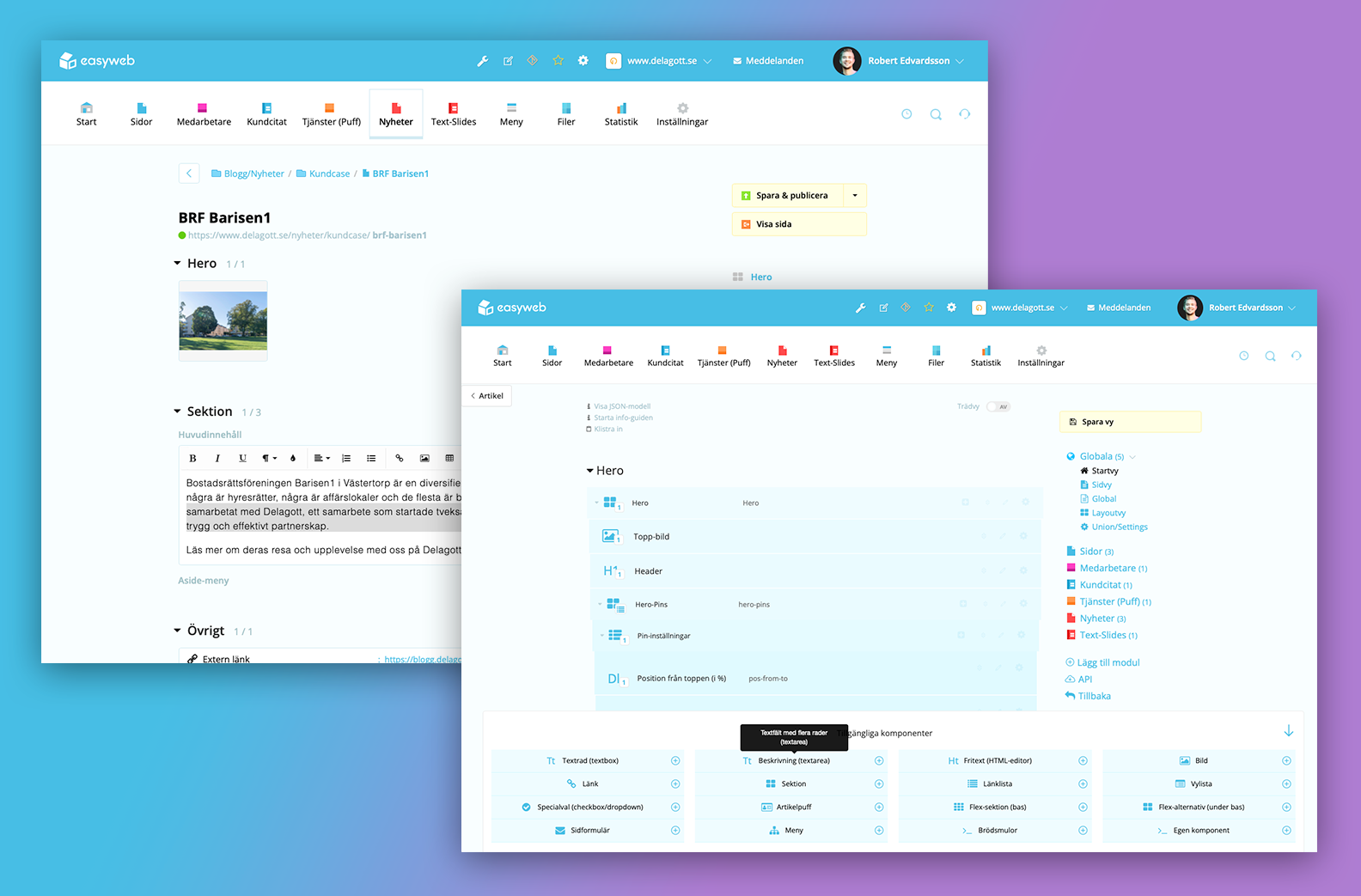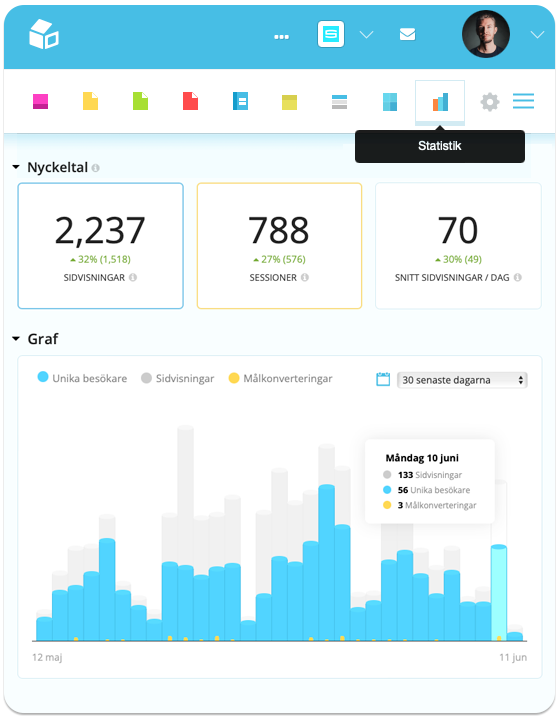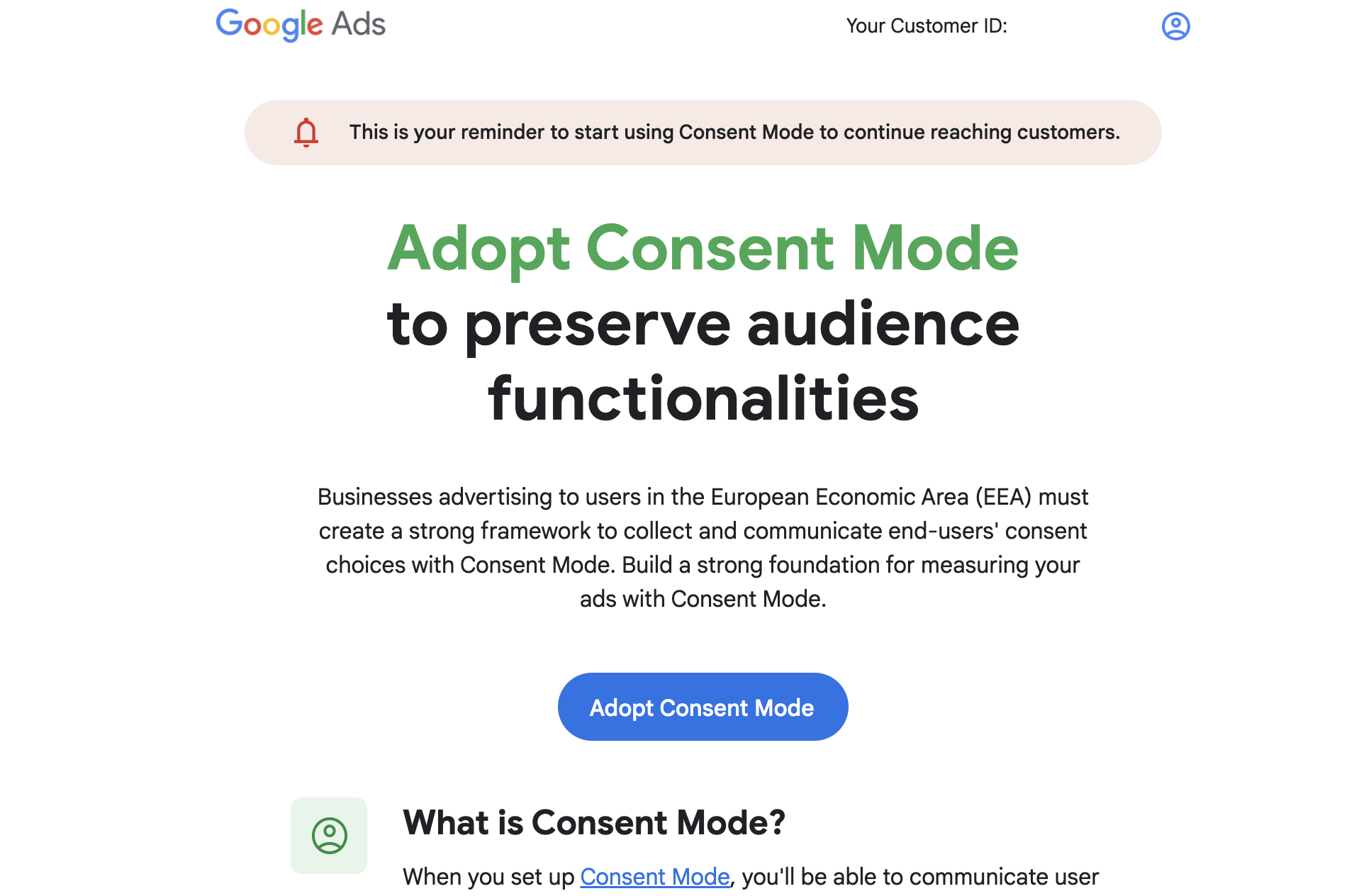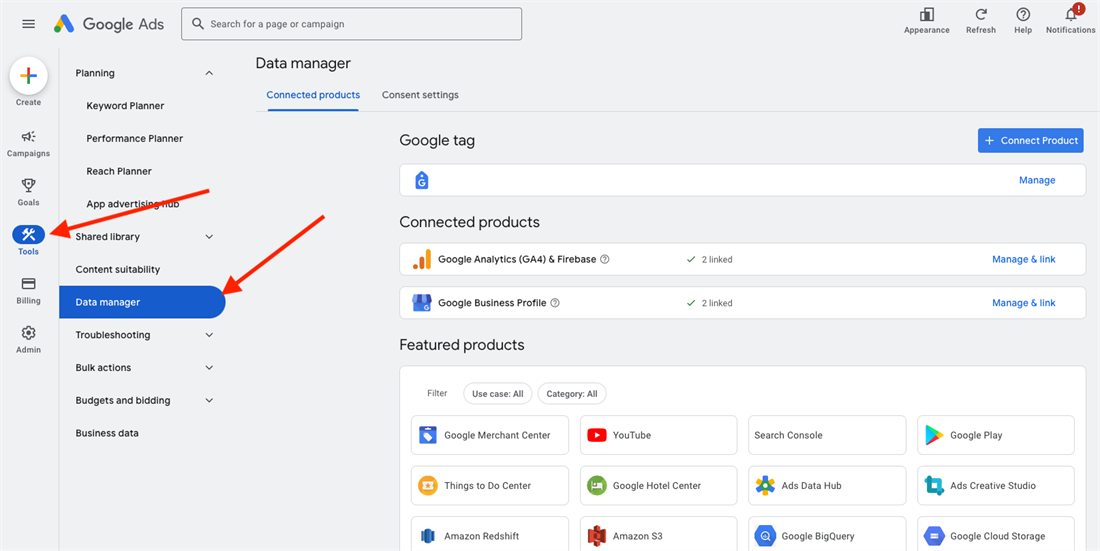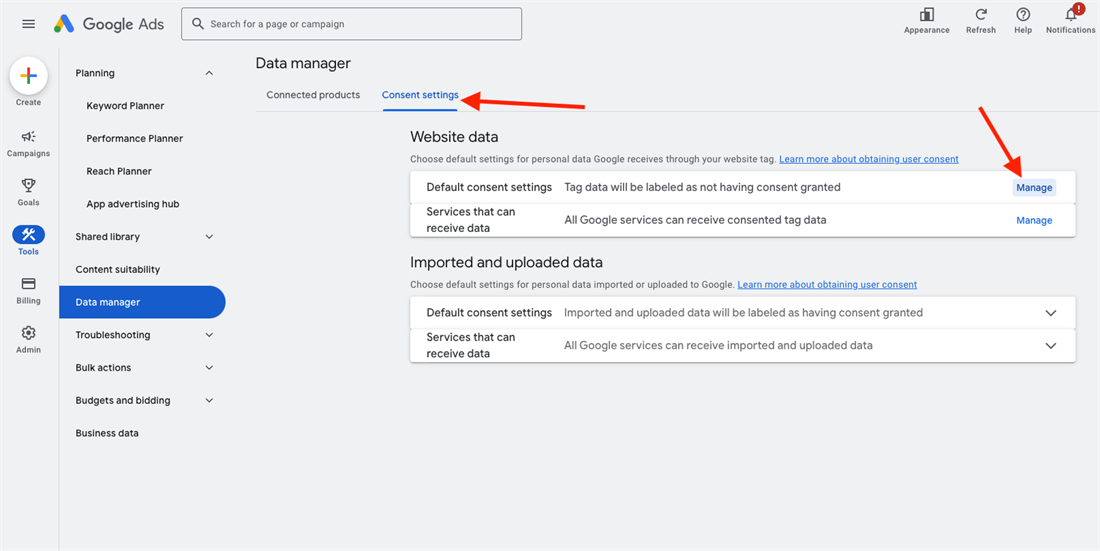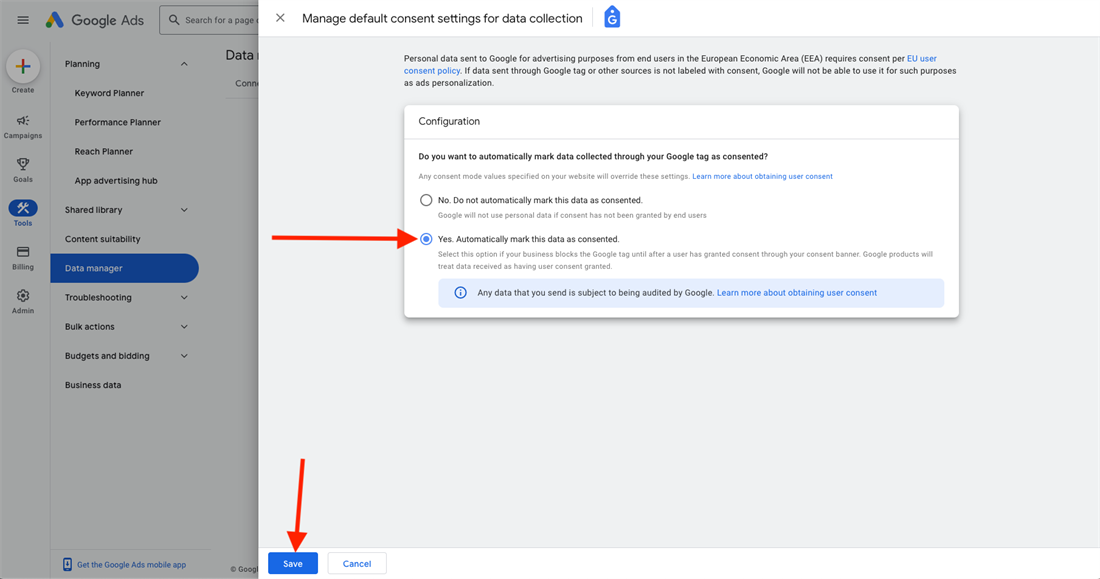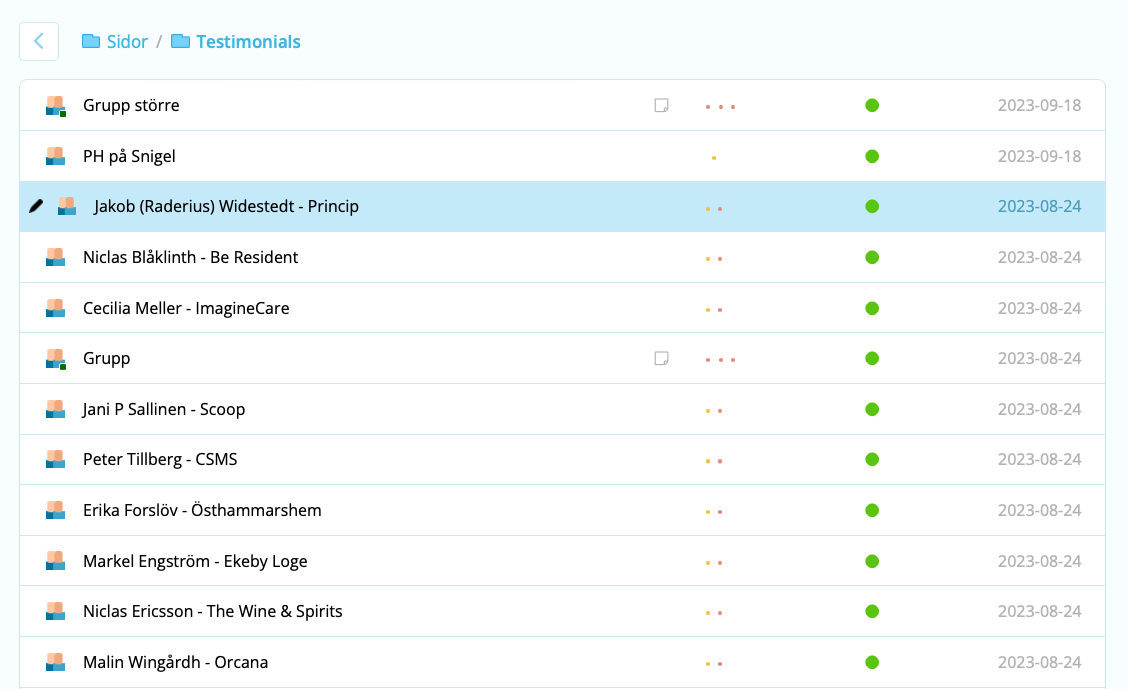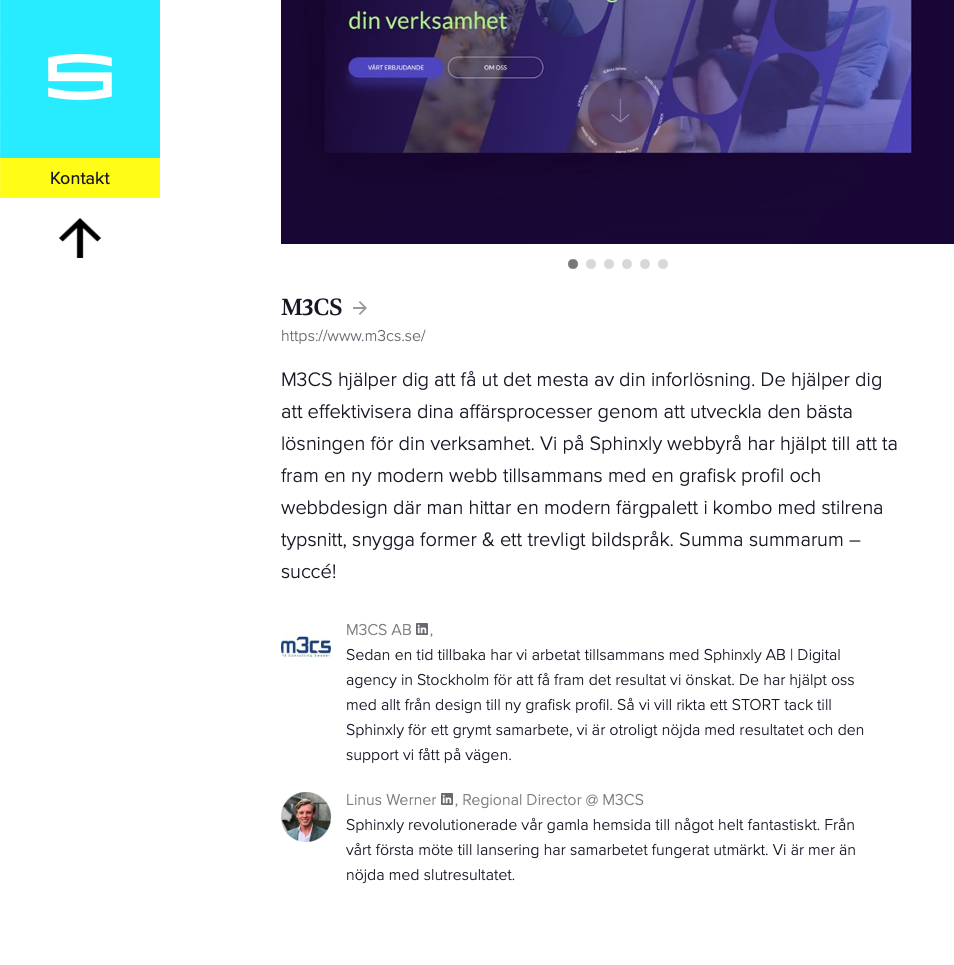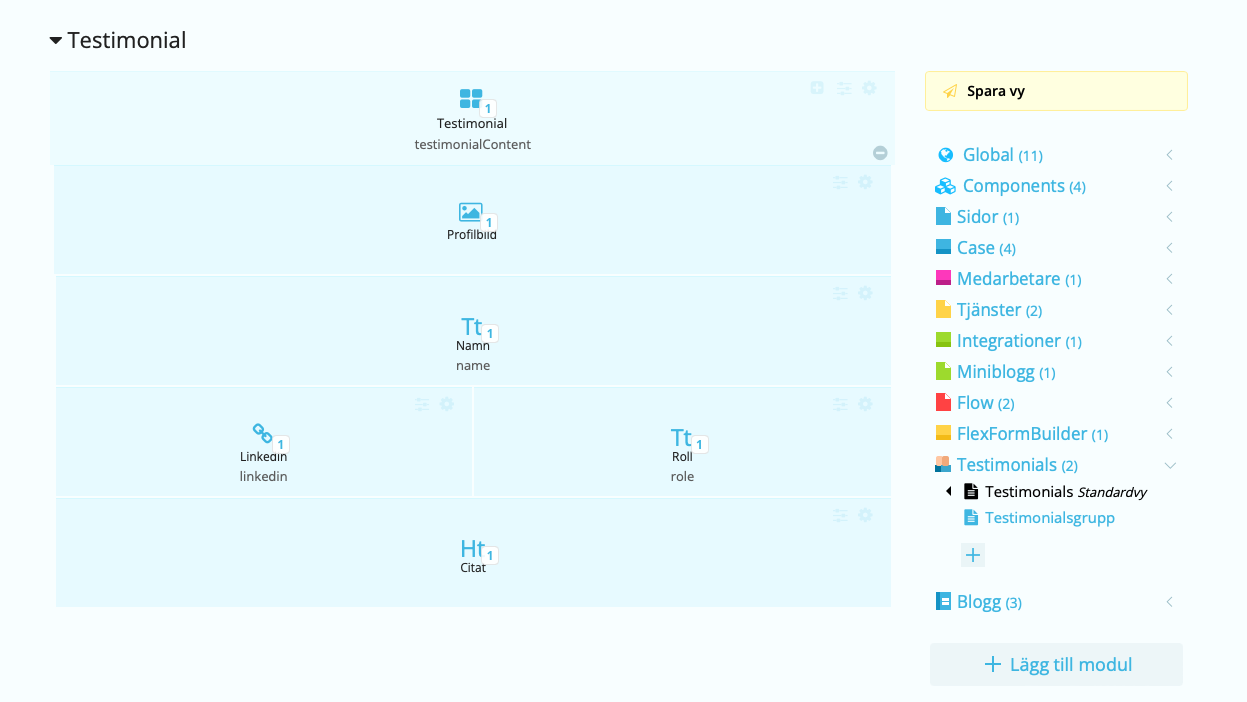In the digital era, internet visibility is crucial for business success. An agency can be your secret weapon in the battle for top positions in Google search results. One of the most effective strategies to increase your website's authority and thus support your SEO efforts is by creating inbound links from credible and reliable third-party sites. This is called "link power," and here we reveal how you can leverage this power to your advantage.
Link Power is the Cornerstone of a Successful SEO Strategy
Link power refers to the process of creating inbound links (also known as backlinks) from other websites to your own. These inbound links signal to search engines like Google that your website is relevant and reliable, which can lead to higher rankings in search results. But not all inbound links are created equal; the quality and relevance of linking websites play a crucial role.
Annual Subscription Focused on Quality Links
Sphinxly offers a comprehensive annual subscription with a minimum commitment period of one year, specifically designed to build your website's link power. Our setup includes:
One-Time Effort for Optimization Suggestions: We start by analyzing your target page to identify areas for improvement. Through a simpler keyword analysis and optimization of titles, subheadings, and body text, we lay the foundation for effective inbound links.
Implementation of Optimization Suggestions: After our initial analysis, we implement the improvements to ensure that your website is optimized for both users and search engines.
SEO Tips: To further strengthen your website's position in search results, we provide concrete tips on how you can improve your website's content. These insights are shared in the form of a PDF along with a detailed review of our optimization.
Quality Links Over the Year: During the subscription period, we will ensure a steady stream of quality links directed to your target page, distributed over the year to gradually build your website's authority.
Q-Reports: We offer regular reports so you can track your website's progress. If necessary, we can also assist with the installation and configuration of Google Analytics 4 and Google Tag Manager.
Year Two and Beyond: Continued Link Building and Monitoring
After the first year, we continue on the same successful path by providing quality links and regular reports. Our method ensures a long-term improvement in your website's visibility and authority.
Investing in link power through a strategic partnership with an agency is a wise investment for businesses looking to strengthen their online presence. By focusing on quality inbound links from credible sources, you can ensure that your website not only reaches top positions in search results but also maintains its position over time. Contact us today to start your journey toward increased website authority and visibility.
Part 2: What Can I Do Myself?
Guide to Link Power: How to Build Authority and Support Your SEO Efforts
Improving your website's visibility and traffic is a continuous process that requires patience, strategy, and not least, a deep understanding of SEO (search engine optimization). A central part of this work is to build link power. This guide is intended to inspire and inform you on how you can take advantage of link power to strengthen your website's SEO efforts. And while there are many benefits to hiring an agency, there is also a lot you can do yourself.
Understand the Value of Link Power
Link power, or the power of inbound links, is one of the most important factors for SEO. Inbound links, especially from authoritative and relevant websites, signal to search engines that your website is important and trustworthy. But how do you start?
Step 1: Create Valuable Content
The first step is to create content that others want to link to. It can be anything from in-depth guides, unique surveys, to inspiring blog posts. Consider what would be of value to your target audience and what could make others in your niche want to share your content.
Step 2: Keyword Research
To get your content found, you need to understand what keywords your target audience is using. Use tools like Google Keyword Planner or other SEO tools to find relevant keywords that you can include in your content, titles, and meta tags.
Step 3: Build Relationships
Networking and building relationships with other websites and influencers in your niche can be incredibly valuable. By engaging in the community, sharing others' content, and inviting collaborations, you can create natural opportunities for inbound linking.
Step 4: Guest Blogging
Another effective strategy is to write guest posts for other blogs or websites in your niche. This not only provides valuable inbound links but also exposure to a new audience.
Step 5: Use Social Media
Activity on social media cannot directly affect your SEO, but it can increase the visibility of your content and encourage shares and links from other websites.
Step 6: Monitor Your Links
Use tools like Google Search Console to monitor which websites are linking to you. This can provide insights into which content is performing best and which strategies are most effective.
When to Consider an Agency?
While much can be done on your own, there are situations where expertise from an agency can be invaluable. An agency can, for example, assist with:
- Advanced keyword analysis and SEO strategy
- Optimization of the website's technical SEO
- Creation and implementation of a link-building strategy
- Analysis and reporting of SEO performance
Building link power is a long-term investment in your website's health and visibility. By following these steps and possibly collaborating with an agency for more advanced needs, you can create a strong foundation for your website's success in search engines.


